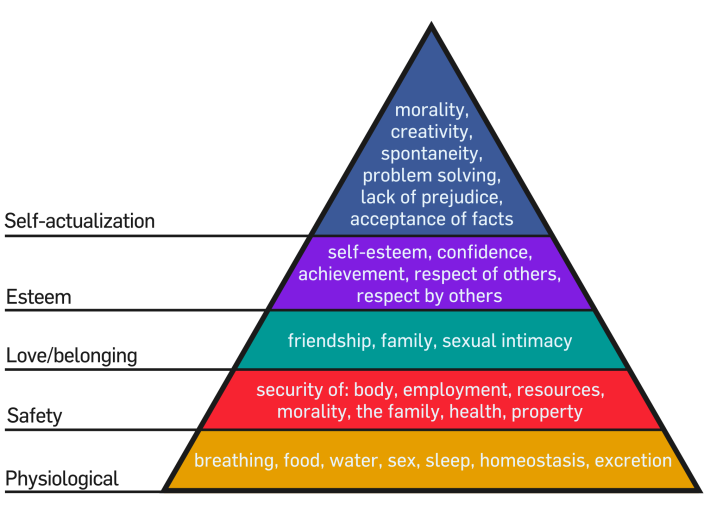7 Steps to Successfully Set and Keep Your Recovery Goals
Life can be very different now that you’re in recovery. After a lifestyle of destruction and letting your compulsions control you, you are now the one that is finally in control of your life–and it can be overwhelming. However, think of it as a new leaf, a new chance at a better life. You are now taking a new direction in your life that you never thought is possible.
And while there may be some anxiety, there may also be excitement and revived hope for your future. While these positive feelings may be hard to come by at first, you’re still going to get there. Just look ahead.
To help you out with dealing with your life in recovery, here are the 7 steps to help you successfully set recovery goals and to effectively prioritize and keep them.
1. Understand this. First of all, think about the relevance of your goal-setting to your life in recovery. Goal-setting should be an on-going life process, allowing you to move forward with another goal after the other.
Without goals, you will have no purpose or motivation. You will have no power to look beyond yourself and your worries, problems, and fears if you don’t have long-term goals. You always have to strive for something to achieve in the horizon even if that still seems hazy in the early stages of your recovery.
2. Commit and focus. It’s hard to make plans if you’re always distracted by work, family, appointments, and other things that are happening in your life. However, you really do need to set aside time for putting together your recovery goals.
One tip to devote time to recovery goal-setting is to go to a quiet place that you don’t associate with work or home, such as a park, bookstore, or even just a neighborhood cafe. Here, you think about what you want for your future and what you should do to achieve them.
For someone new in recovery, being alone in your thoughts can be scary. Think of positive things and let your ideas flow. Soon, and with practice, you will see that thoughts will start to crystallize.
3. Start with the basics. So how do you prioritize your goals? Experts would tell you that the best approach is to start with your basic needs first. For someone who has not undergone addiction and recovery, this may be rudimentary. But for you, you may come back from rehab and into an environment of deprivation, chaos, broken relationships, drained bank accounts, unemployment, and many other issues. Your first priorities, aside of course from your recovery and abstinence, is to look for a job to support your family. Then, next follows family and relationships, and so on.
A great guide to help you here is Maslow’s Hierarchy of Needs, where you start from the bottom and work your way up to your own self-actualization:
4. Break it down. You can easily be overwhelmed if you think of grand things you want to accomplish. Once you have thought and written down the goals that you want to reach, break them down into short term and longer term goals. Make sure that your short-term goals are reasonable and easily attainable, like being on time for work every day for a week, or driving your daughter to piano practice on your rest days.
5. Slowly yet steadily work on your longer term goals. Factor in the many aspects of your life and activities that will allow you to reach them. Your longer term goals may include going back to school, finishing a degree, learn a skill, get a promotion, switch careers, or start a business. You have to organize your schedule and plan your resources in order to achieve these.
6. Share. Include your partner or family members in your decisions. While recovery goal-setting can be very personal and geared toward your recovery, it is still important to keep your loved ones in the loop. This not only helps keep them informed but also serves as a way to solidify your relationship and build their trust again.
They may also offer you the support and encouragement that you need, which are also vital in the whole recovery process. Your loved ones will also be there to help you up especially when there will be times you encounter discouragement and failure. Once you share your goals out loud, you will even have a better chance of achieving them.
7. Give back. “You cannot keep it unless you give it away.” Once you have a fair amount of success in achieving your short and long term goals, you can then begin to give back. Helping others in the pursuit of their own goals is one of the hallmarks of a successful recovery.
This time will come when you are ready to give back and answer the call of someone who is new to a life in recovery. This may take 1 1/2 to 2 years, but by then you will be comfortable with your routine, have solidified your coping strategies, have achieved many goals, and are able to focus outward.
Want to be on the road to recovery? It’s never too late unless you give up.


